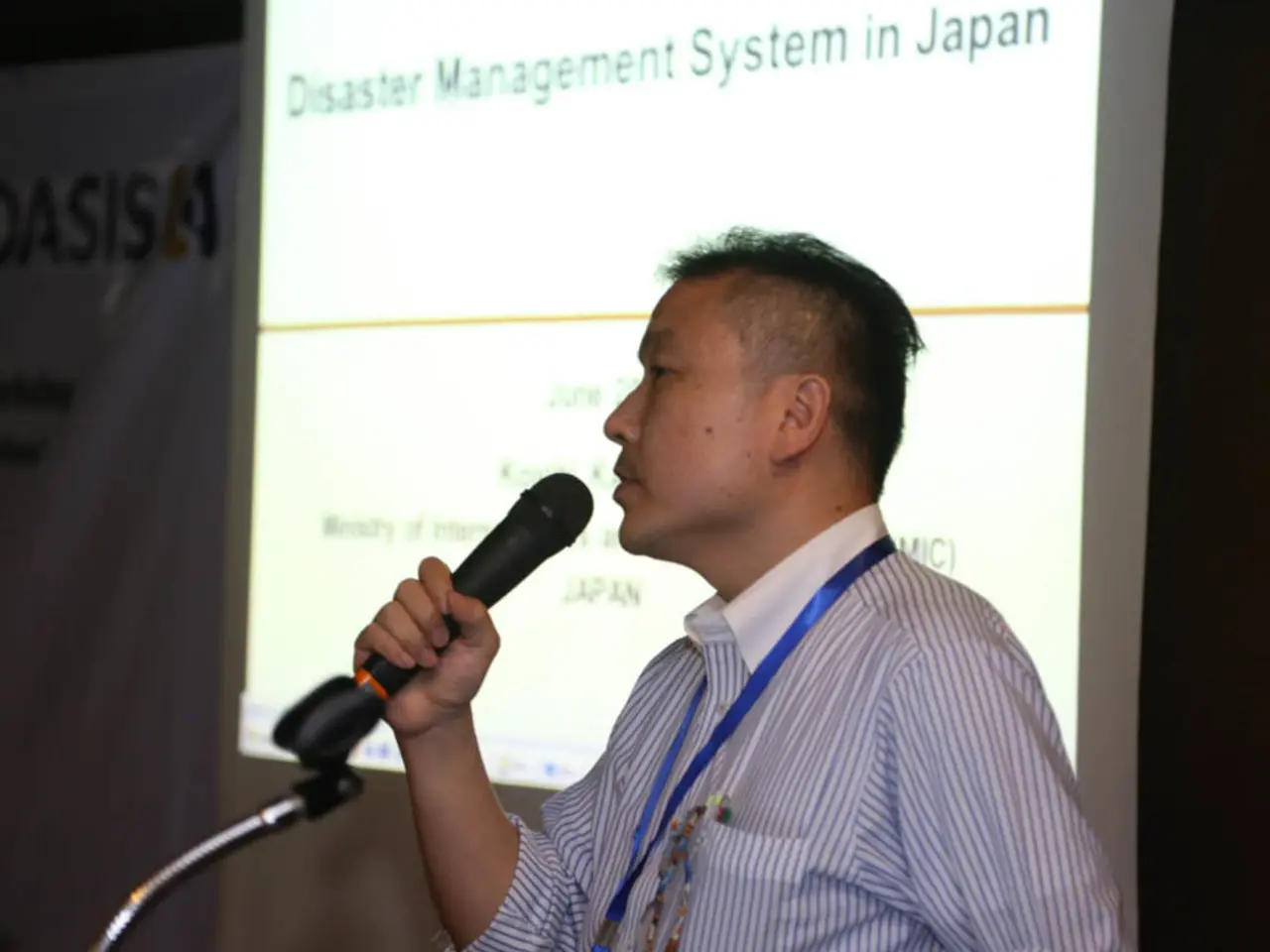Large-scale humanitarian aid initiatives highlighted in new report by 'Aktion Deutschland Hilft' for 2024, showcasing optimistic outcomes / Alliance reveals specific measures for trimming humanitarian aid expenditures.
In 2024, Aktion Deutschland Hilft (ADH) implemented a remarkable 863 aid projects, supporting approximately 65 million people worldwide. This humanitarian powerhouse, an alliance of more than 20 participating organizations, pooled their long-standing experience in humanitarian aid to provide rapid and effective aid in major disasters.
The dire situation in Sudan mobilized around 6.1 million euros in donations, while Ukraine emergency aid received around 14.8 million euros in targeted donations. A pre-Christmas donation campaign with Westdeutscher Rundfunk (WDR) collected an additional 14.4 million euros.
Most of the donations, around 26.2 million euros, were allocated for "Emergency aid worldwide." The alliance coordinates their deployment to avoid overlaps or gaps in supply. Part of the donation amount from the WDR campaign went to "Tafel Nordrhein-Westfalen e. V." for the first time.
ADH's strategies are focused on empowering local communities, working through partnerships, and supporting education and skills development. This approach is particularly evident in initiatives like those run by ADRA Germany, which empowers women through education, skills, and dignity in crisis contexts.
Partnering with local and municipal networks is a key strategy for ADH. Grassroots initiatives like "Hofstetten hilft!" unite many partners (including local residents and municipalities) to collect funds and deliver in-kind aid, illustrating a decentralized and community-based model to mitigate funding shortages.
Emphasizing direct humanitarian aid and infrastructure support is another crucial strategy. ADH provides medical equipment, school furniture, and mobile clinics, channeling resources efficiently to affected populations, ensuring impact despite constrained budgets.
Supporting projects that promote self-sufficiency and dignity is also a priority. Through education and skills empowerment, ADH aligns with maintaining humanitarian services even when global funding is reduced.
In the broader humanitarian sector context, budget cuts can lead to reduced partners, streamlined operations, and adjusted aid rations, potentially causing loss of beneficiary trust and requiring difficult operational recalibrations. ADH’s focus on strong partnerships and community involvement may be part of its strategy to maintain aid delivery and trust despite such financial constraints.
Donations can be made online at www.Aktion-Deutschland-Hilft.de or to the common donation account under the IBAN DE62 3702 0500 0000 1020 30 (SozialBank). The annual report of ADH can be downloaded from their website, and press contact information is available there as well. The UN reports that around 305 million people worldwide are currently in need of humanitarian aid. ADH continues to strive to address this need, developing strategies to address funding cuts for humanitarian aid.
- Science and health-and-wellness could be integrated into ADH's strategies, as they could focus on researching and implementing effective methods for delivering aid in various crisis situations, ensuring the best possible outcomes for the affected populations.
- In the future, science and health-and-wellness initiatives could be incorporated into ADH's aid projects, perhaps including programs that provide education on hygiene, nutrition, and disease prevention, contributing significantly to the overall well-being of those in need.




